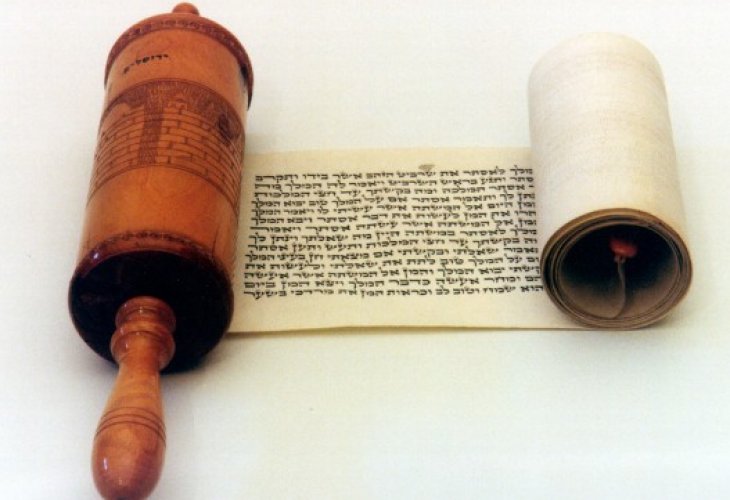Jewish Law
The Joy of Adar: Why the Month Brings Good Fortune for the Jewish People
Understanding why Adar is considered a month of blessing and good fortune, how Jewish sages reconciled astrology with divine providence, and the spiritual customs of the 7th of Adar
- Daily Halacha
- |Updated

The Talmud (Tractate Taanit 29a) teaches: “Rabbi Yehudah, the son of Rav Shmuel ben Shilat, said in the name of Rav: Just as when the month of Av begins, we decrease our joy, so too, when the month of Adar begins, we increase our joy. Rav Pappa added: Therefore, any Jew who has a legal dispute with a non-Jew should avoid it during the month of Av — because the fortune (mazal) of Israel is unfavorable then, and instead, try to have it resolved in Adar, when the fortune of Israel is very good.”
Isn’t It Said That “There Is No Mazal for Israel”?
The commentators ask: How can the Talmud say that in the month of Adar the Jewish people have good fortune, when our sages also teach that “Ein mazal l’Yisrael” — “There is no fate (or astrological influence) for Israel”? This principle means that, unlike the nations of the world who are subject to the influence of constellations and celestial forces, the Jewish people are guided directly and exclusively by Divine Providence.
Several explanations have been offered to resolve this seeming contradiction.
The Maharsha’s Explanation
The Maharsha explains that when the sages said “There is no mazal for Israel,” it means that if Heaven decrees that no harm will befall Israel, then indeed no harm will come, regardless of the stars or astrological signs. Likewise, if God decrees that good should come to Israel, it will certainly come, no matter what the mazal indicates.
However, if a negative decree (Heaven forbid) has already been issued against a person, that decree is more likely to materialize during times when his personal mazal is unfavorable. That is why many calamities befell Israel during the month of Av — and especially on Tisha B’Av, while in contrast, when good decrees are destined for a person, they are more likely to manifest when his mazal is strong, such as during the month of Adar, when Israel’s fortune is good.
The Ritva’s Explanation
The Ritva writes that although “there is no mazal for Israel,” meaning that Israel is not naturally subject to astrological forces, God Himself decreed that in certain months — specifically Av and Adar, Israel’s fortune would be affected.
He adds another possibility: perhaps, in truth, the stars never have any power over Israel at all. When the sages said that Adar is a month of good fortune, they did not mean astrological influence but Heavenly decrees of blessing. In other words, the goodness of Adar comes directly from God, not from the stars or constellations.
The Seventh of Adar
The 7th of Adar (Zayin Adar) is the birthday and yahrzeit (anniversary of passing) of Moshe Rabbeinu (Moses our Teacher), as stated in the Talmud (Kiddushin 38a).
It is the custom of the pious and the righteous (who are physically able) to fast on this day, as ruled by Maran the Shulchan Aruch (Orach Chaim). It is also customary to hold a special Torah study session on the night of the 7th of Adar.
If ten people in a synagogue fast that day, the Torah scroll should not be taken out for a public reading, as this is not an official public fast, and the Kohanim also do not recite the priestly blessing (Birkat Kohanim) during the Minchah prayer on that fast day.

